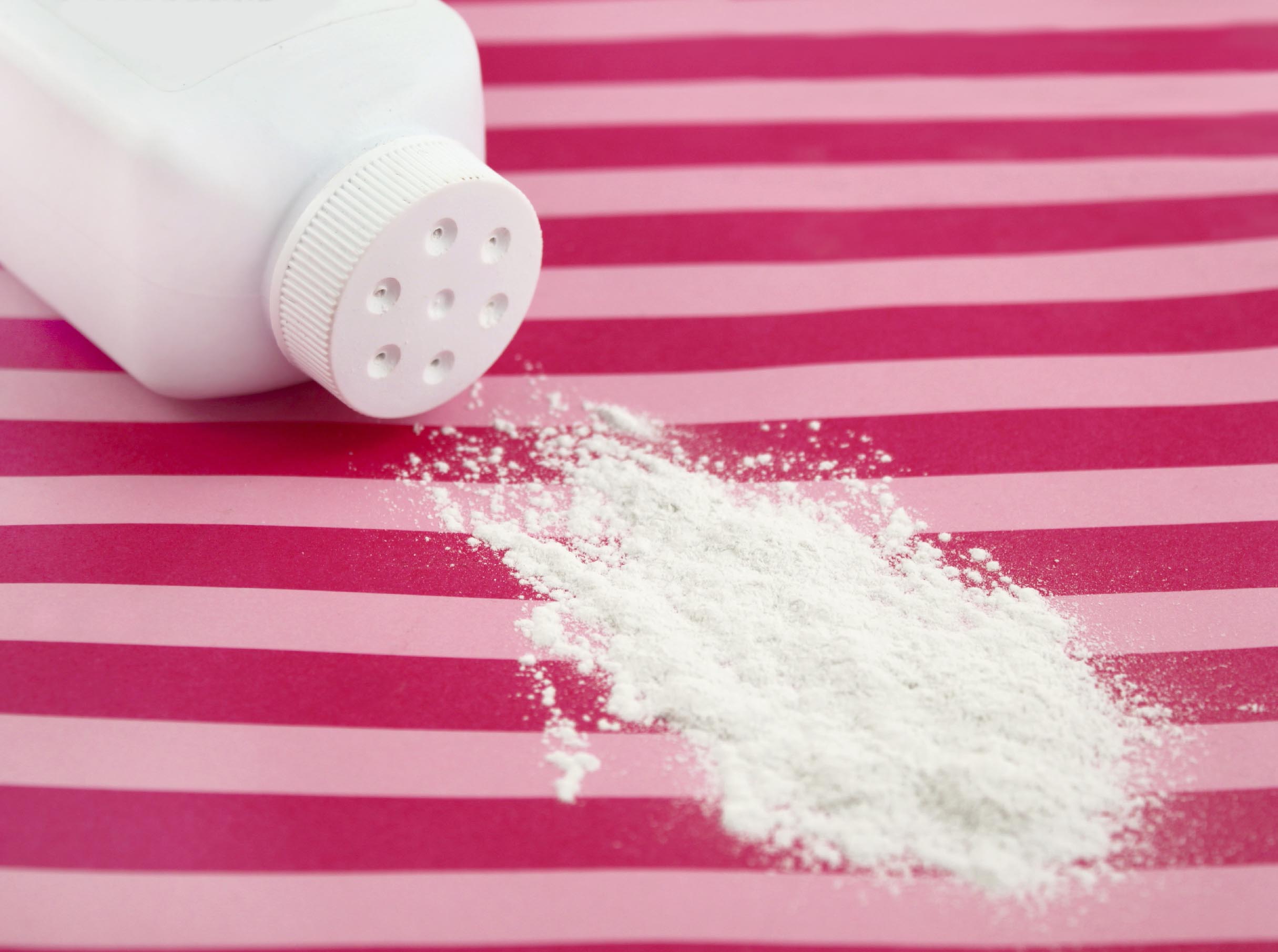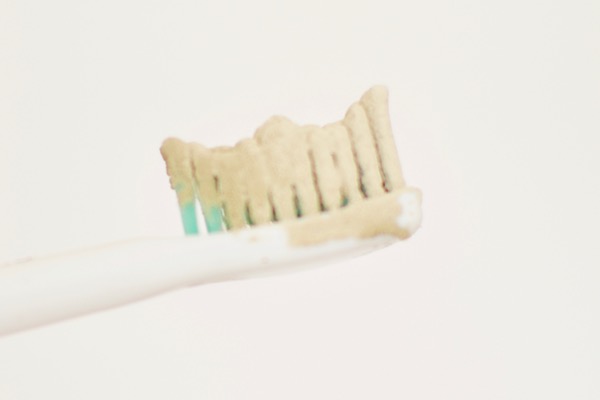The powdery link to cancer…
EVERY new mother uses talcum powder! It’s simply the cheapest, most effective solution to protect their baby’s bottoms from diaper and heat rashes. Many adults use talcum powder as well, as it’s a beautifully effective solution for reducing both moisture and friction. However, in recent years, people have become more and more wary of talcum powder due to the fact that it has been linked to certain types of cancer.
Johnson and Johnson, the makers of some of the most popular baby-oriented talcum powder products, lost two important court case in the space of just a few months (between late 2015 and early 2016). In both cases, the plaintiffs sued J&J, claiming that talcum powder caused their cancers. In one case, a life-long user of talcum powder ended up contracting ovarian cancer, and she blamed the powder–and rightly so!
The primary threat posed by talcum powder is due to talc, the simple mineral that provides the anti-friction and anti-moisture properties. Talc has long been known to be an inhalation hazard, leading to problems like talc pneumoconiosis. Since the 60s, consumers have been warned against inhaling talcum powder.
But now, according to recent research, there may be a link between talc and cancer!

READ MORE: Exercise the New Anti-Cancer Remedy
The American Cancer Society states that talc is NOT a carcinogen. However, they also that there may be a link between the use of talc and the formation of tumors, particularly in the genital region. It has admitted that using talc on the genital area could eventually cause ovarian cancer. Women who use talc in direct contact with their genitals may very well be at risk for this type of cancer. Perineal use of talc is classified as “possibly carcinogenic to humans”.
The problem is that talc isn’t only found in talcum powder, but it’s in a wide range of household products. It’s added to your cosmetics, thanks to the fact that it soaks up moisture while providing an opaque and matte finish. You can find it in a wide range of eye shadow products, blush, face powders, and even body powders.
(For a full list of talc-containing products, visit the FDA website…)
There is such a thing as food-grade talc, but this is usually safe, provided the manufacturer follows proper practices. However, cosmetics and beauty products that are made with talc do not undergo FDA review, meaning it’s less likely for potentially dangerous levels of talc to be caught before you apply the products to your face. Not all cosmetics will be properly labelled, increasing your risk of talc exposure.
Is talc dangerous for your health? Does talc cause cancer? Perhaps. As the information above indicates, there is a very real risk that long-term exposure to talc can be hazardous to your health, possibly even carcinogenic. If you are using talc in places where it can be absorbed into your body–such as around your genitals, eyes, and mouth–you are running the risk of being exposed to too much of the harmful properties of talc.
That being said, it’s important to understand that talc is only “possibly carcinogenic to humans”. This means that the link between talcum powder and cancer is tenuous at best, and still requires a good deal of research in order to be fully certain that it’s a danger to your health.
Perhaps it’s best to find another way to treat diaper and heat rash, or to reduce the sweatiness of your feet. Or, you can swap out your cosmetics for talc-free options. You have the facts, so now the choice is yours!








